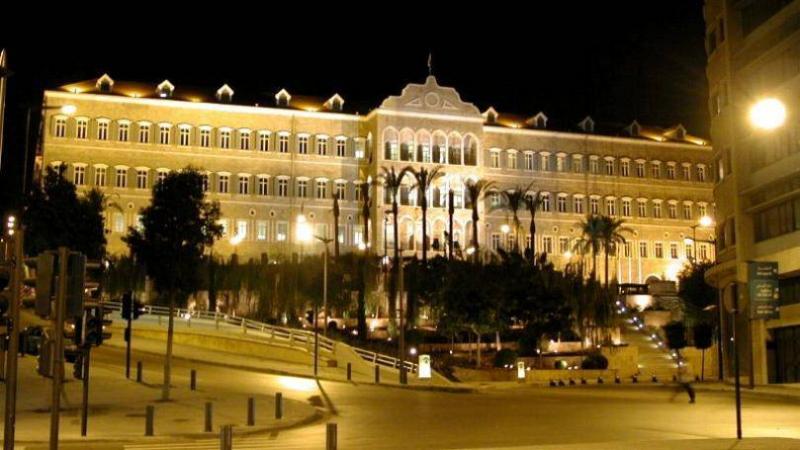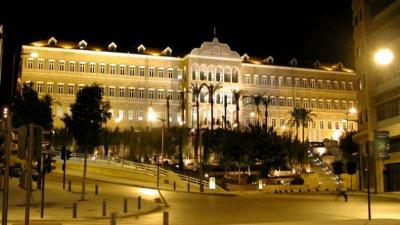The caretaker Prime Minister Najib Mikati emphasized yesterday that he will call for a Cabinet session "when necessary and needed" and "according to the constitutional powers assigned to me," while pointing out that currently "there is nothing urgent that requires holding a session." He announced his rejection of the "decrees" proposed by some because there is no constitutional support for them. He noted that setting the Cabinet meeting agenda "is exclusively the responsibility of the Prime Minister, and no one else has a share in this matter. If a Cabinet session is held, the agenda will be discussed, and an agreement will be reached on what will be approved and what will not." Mikati confirmed, during his meeting with the Press Syndicate Council at the Grand Serail, that "the government is committed to the tasks required of it constitutionally during the vacancy of the presidency until a new president is elected, with the primary priority being the election of a new president and then the formation of a new government."
So, can decrees replace the Cabinet? Constitutional law professor at the American University of Beirut, lawyer Dr. Antoine Safir, confirmed to "Al Markazia" that "decrees were a method invented in a previous period of Lebanon's political history due to the inability to convene the Cabinet. However, why rely on decrees, an innovative constitutional step, when the Cabinet can convene in exceptional cases and for specific necessities? This cannot replace a Cabinet meeting if there are urgent or essential issues that cannot be postponed or whose postponement could harm the country or its public interest or finances."
In the case of a vacancy, is the signature of all ministers necessary? Safir answers: "It is better for all ministers to sign, but if they do not all sign, it does not mean that the wheels of governance stop. There are decisions from the State Consultative Council issued in 1995 and 1996 that addressed this issue and considered that the signature of the Prime Minister substitutes for the government and the concerned ministers."
Does the Parliament have the right to decide on the government meeting issue? He says: "I see no mechanism in this matter unless the Parliament is aware that the government is resigned and should be following up on the works of this government within the narrow framework of conducting business, especially since it acts on behalf of the president with some powers. However, regarding the decision-making, I do not know what the necessary procedures should be as long as they are not clear in the constitution or the internal regulations of the Parliament."




